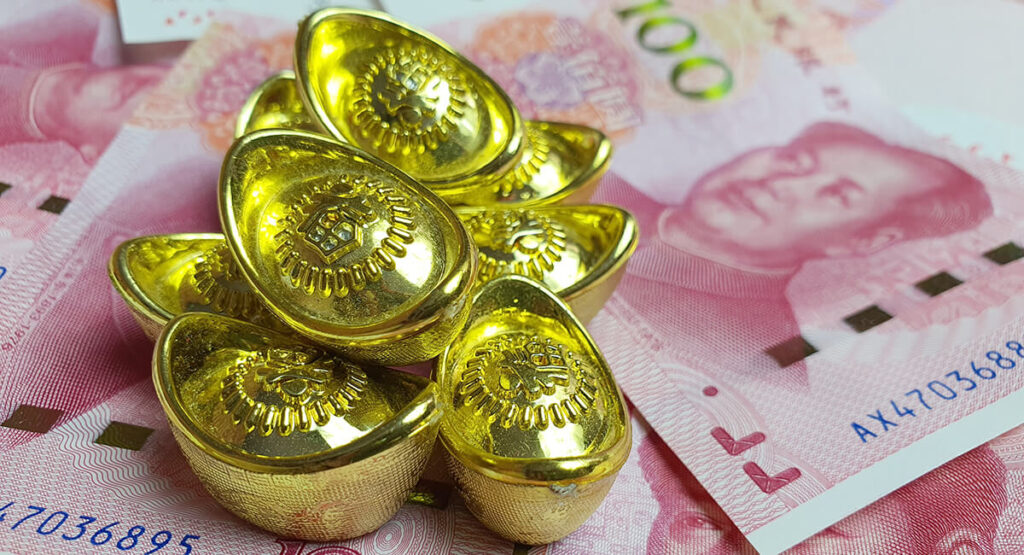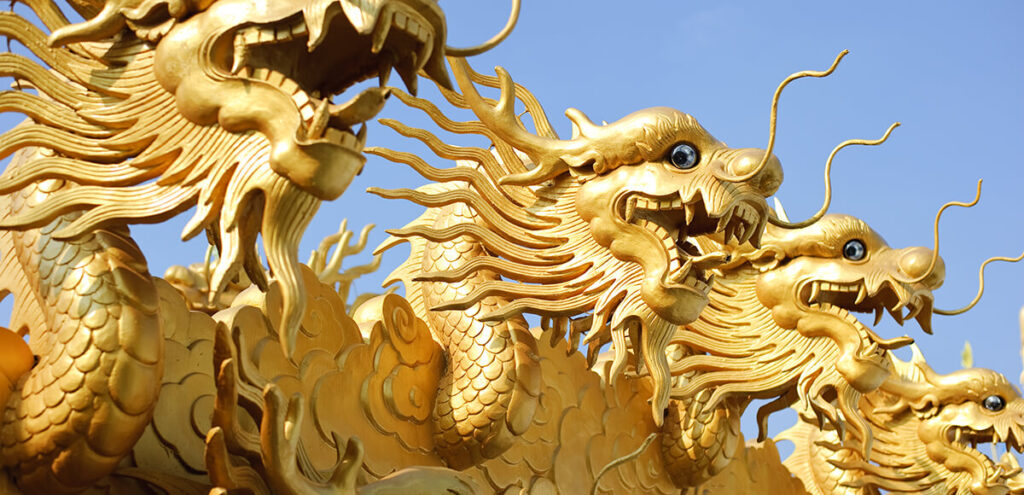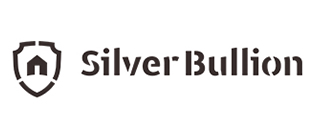Navigate
Article List
- Editorial
By Albert Cheng, CEO, SBMA
- SBMA News
By Albert Cheng, CEO, SBMA
- India’s Surge in Gold Imports: Optimism or Speculation?
By Srivatsava Ganapathy, CEO, Eventell Global Advisory
- India to See Strong Uptick in Jewellery Demand
By Chirag Sheth, Principal Consultant, Metals Focus
- Renminbi Internationalisation and its Effects on Gold
By Chinese Gold and Silver Exchange
- Thailand’s Gold Market: An Introduction
By SBMA, with contributions by Ross Andrew Friedman
- Thailand’s Crucial Role in the ASEAN Gold Market
By Nuttapong Hirunyasiri, CEO, MTS Gold Group
- Thailand: Gold Provides Liquidity Amid Pandemic
By Pawan Nawawattanasub, CEO, YLG Bullion International
- #SilverSqueeze – What Actually Happened and Why it Didn’t Work Out as Planned
By Brian Lan, Managing Director, GoldSilver Central
- Japan Exchange Group: Reinventing Japan’s Precious Metals Derivatives Market
By Ryoichi Seki, General Manager, Business Development, Osaka Exchange
- Gold Investing in a Digital World
By Kerry Stevenson, Founder, Gold & Alternative Investments Conference
Article List
- Editorial
By Albert Cheng, CEO, SBMA
- SBMA News
By Albert Cheng, CEO, SBMA
- India’s Surge in Gold Imports: Optimism or Speculation?
By Srivatsava Ganapathy, CEO, Eventell Global Advisory
- India to See Strong Uptick in Jewellery Demand
By Chirag Sheth, Principal Consultant, Metals Focus
- Renminbi Internationalisation and its Effects on Gold
By Chinese Gold and Silver Exchange
- Thailand’s Gold Market: An Introduction
By SBMA, with contributions by Ross Andrew Friedman
- Thailand’s Crucial Role in the ASEAN Gold Market
By Nuttapong Hirunyasiri, CEO, MTS Gold Group
- Thailand: Gold Provides Liquidity Amid Pandemic
By Pawan Nawawattanasub, CEO, YLG Bullion International
- #SilverSqueeze – What Actually Happened and Why it Didn’t Work Out as Planned
By Brian Lan, Managing Director, GoldSilver Central
- Japan Exchange Group: Reinventing Japan’s Precious Metals Derivatives Market
By Ryoichi Seki, General Manager, Business Development, Osaka Exchange
- Gold Investing in a Digital World
By Kerry Stevenson, Founder, Gold & Alternative Investments Conference
Renminbi Internationalisation and its Effects on Gold
By Chinese Gold and Silver Exchange
Published on April 10, 2021

The Covid-19 pandemic exerted a significant impact on the global economy and each country’s response to the pandemic was a critical turning point in their economic development, which further affects the global gold market.
According to the World Gold Council, a total daily average of $145 billion in gold contracts changed hands worldwide in 2019, a sum higher than US Treasury bills and the S&P 500 index. In 2020, gold’s average daily volume grew further as it expanded by more than a quarter.
In January 2021, Dr Haywood Cheung, was re-elected as the Chairman of the Chinese Gold and Silver Exchange (CGSE). He believes that the global pandemic created a paradigm shift and that gold would become a stronger and more attractive asset to buy and hold.
Dr Cheung foresees that the renminbi (RMB) will gradually become the base currency for the settlement of gold. Historically, gold transactions have been dominated by the United States (US) and United Kingdom (UK), and the pricing standard mainly refers to two the US dollar or British pound. However, the pandemic has caused the global dynamic to shift. According to CNBC, China could overtake the US as the world’s largest economy earlier than expected. US gross domestic product (GDP) fell by 2.3% in 2020, while China’s grew by 2.3% amid the coronavirus pandemic. Many countries adopted quantitative easing to fight against the impact of Covid-19, which has weakened their currencies. In contrast, China has remained firm with its currency policy, which has strengthened the foundation for the RMB to be deemed as the gold settlement base currency.
China could OVERTAKE the US as the world’s largest economy earlier than expected
Gold Digitalisation
CGSE announced the exploration of the digital gold project (GoldZIP) in 2019. GoldZIP is a digital token that allows holders to redeem physical gold at CGSE authorized vaults. Gold bars are deposited by CGSE members and its quality is assured by the Hong Kong Precious Metal Assay Centre, a HOKLAS-accredited laboratory. Each GoldZIP token is backed by an equal amount of physical gold. And thanks to blockchain technology, the total amount of tokens issued is transparent to the public. With the launch of GoldZIP in the first half of the year 2021, CGSE aims to modernise physical gold trading as a core business. Dr Cheung believes that this can also speed up the process of RMB internationalisation.
Covid-19 is a big challenge which can turn into an opportunity
“Covid-19 is a big challenge which can turn into an opportunity”, Dr Cheung said. “It surely created a blow to the local economy and it also lets people in Hong Kong to reflect on the importance of adopting digitalisation in traditional business. For example, classic gold trading could be completed digitally with GoldZIP”.
The advantages of digital gold include low minimum investment, high security, and price spread clarity. Retail investors can execute transaction orders by mobile application and capturing the price swings conveniently, anytime and anywhere. Urban digitalisation in China has inspired our gold digitalisation process as well. CGSE has worked diligently with the authorities, such as Hong Kong’s Financial Services and the Treasury Bureau (FSTB) and other regulatory bodies, on GoldZIP.

Innovation Based on Tradition
Gold trading is a key business in Hong Kong for CGSE, which was founded in 1910. The bourse prides itself on constant and innovation across its 100-year history. The gold trading business flourished during the 1970s as the ban on its import and export was lifted.
As an ancient Chinese proverb would say: “During good times, we buy antiques and during bad times, we buy gold”. Gold has always been a safe haven during economic turmoil. In the face of the pandemic, China-US tensions and other geopolitical issues, gold has become a popular investment. First, it is easy to liquidate gold assets into fiat currencies. Second, gold is a strong tool to fight against inflation.
For the same reason, Dr Cheung suggests the public should increase gold holdings to protect themselves during uncertain times. “When someone is fearful, I get in. When someone is buying, I am fearful. If you are aiming for mid to long-term investment, short-term market fluctuation shall be ignored. You can treat it as market noise”, he said about gold investing.
About CGSE
Chinese Gold & Silver Exchange (CGSE) was established in 1910 and is among the few exchanges in the world that has both an open outcry and an electronic precious metals trading platform. It is Hong Kong’s only physical gold and silver exchange approved by the government. CGSE has a membership that comprises 171 corporate members from the precious metals industry to represent key stakeholders, which includes banks, large jeweller groups, bullion merchants, gold refineries, and financial institutions.

























